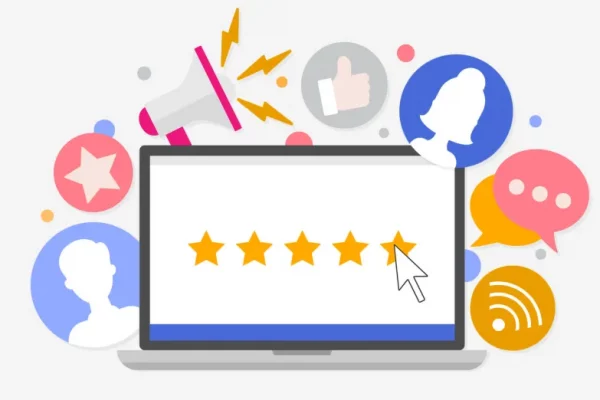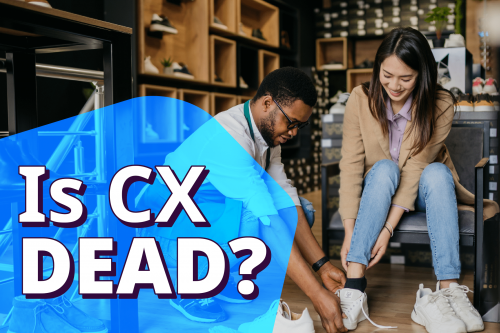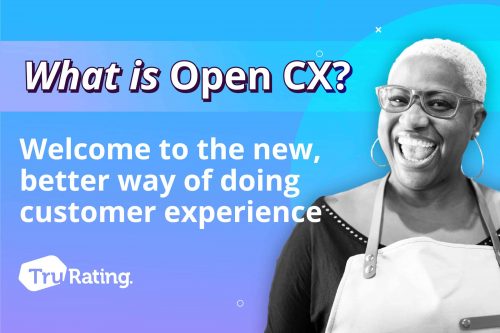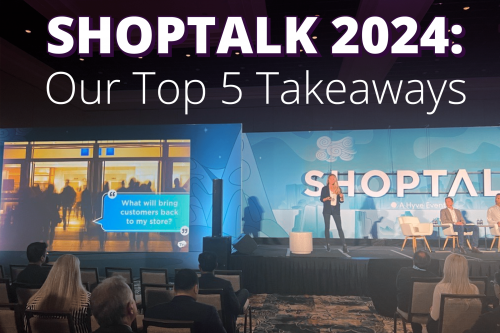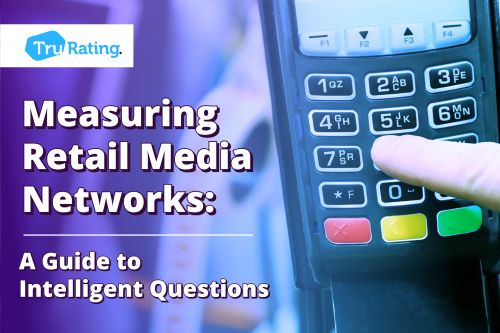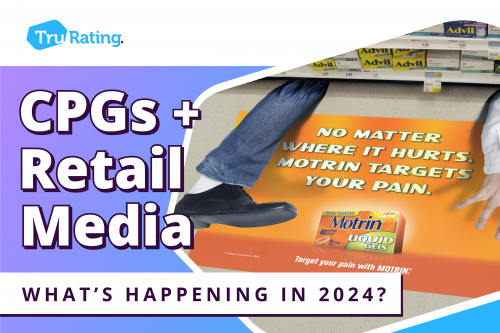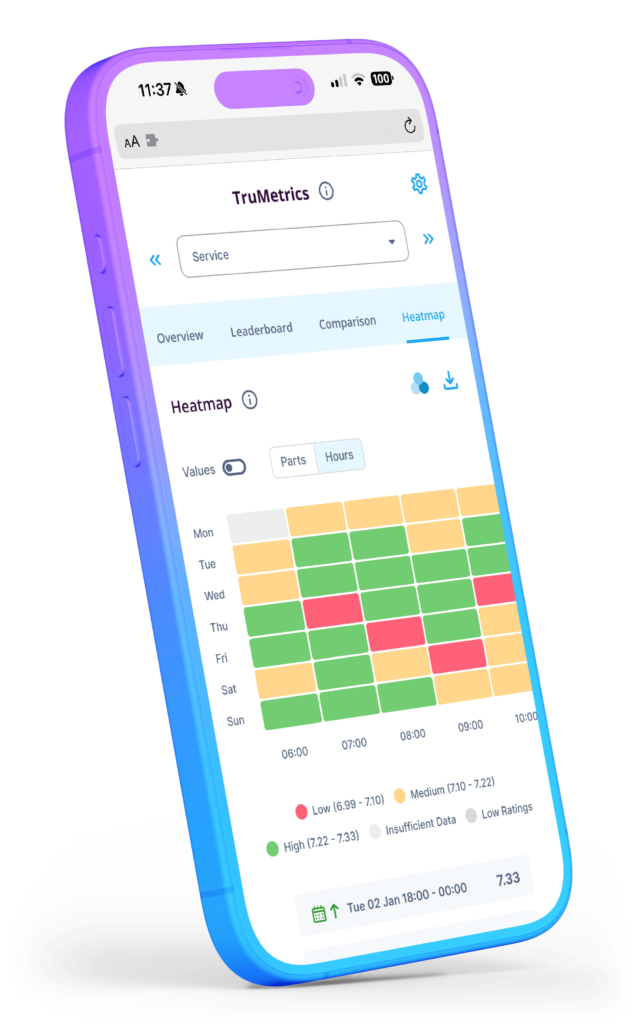The history of social proof
Social proof as a concept has been around for quite some time. Psychologists were describing it decades ago (perhaps most notably Robert Cialdini in his 1984 book Influence: The psychology of persuasion). However, it’s only recently that we’ve seen it become the focus of intense interest from marketers – particularly marketers in the digital space.
A great example of social proof from pre-digital times is choosing a restaurant. You’re on vacation in a completely new area. Your first day you go for an early evening stroll to find a place to eat. Of course, the beachfront is filled with appealing-looking seafood restaurants. You walk by three that are almost exactly the same. All look good, but two are almost empty and one is almost full. Which do you choose?
The vast, vast majority of us will choose the busy restaurant. Even though we know this means that service will probably take longer. It may not even be a fully conscious decision – such is the power of social proof.
This is but one example – there are various ways that social proof influences our behavior every day – from working later because our colleagues tend to, to watching a box office hit movie or reading a bestselling novel.
As much as we all love to think of ourselves as independent, free-willed individuals, the truth is that we’re all human, and as such all subject to a certain amount of ‘herd mentality’: we like to fit in.
Recent developments in social proof
So why has ‘social proof’ as a concept suddenly moved front and center of many a marketer’s spheres of interest?
Well, consider the above restaurant example. These days people are as likely to hop onto the TripAdvisor app on their phone as they are to take a chance on strolling up & down the road to pick out a restaurant. And what powers TripAdvisor? Social proof in the form of ratings and reviews.
While restaurants and cafes remain the top category that consumers check reviews for, all types of commerce are now subject to social proof. Even in the case of buying products in a brick & mortar store, people still often jump online to check out reviews first (usually for larger ticket items – not so much when buying a pack of gum). In fact, in 2018 56% of consumers read reviews on their mobile devices while browsing in-store.
It’s not just reviews. The simple power of knowing that lots of people have made the decision we’re considering can help push us one way or the other. Hence ads and sign-up CTAs have started to include little nuggets such as “114, 506 people in your area have already joined us!”. Next time you’re booking a hotel, notice the little pop up that tells you something like “This hotel has been booked 19 times in the past 24 hours”. Even Candy Crush, when encouraging you to buy extra moves to get past a level, now tells you reassuringly, “28, 881 people used extra moves to complete this level”. Oh, well, in that case…
Other types of social proof include celebrity endorsements, expert endorsements (“9 out of 10 dentists recommend…”) and quick stats similar to those above, like “84 people are currently viewing this webpage”. However, ratings and reviews are where the big business (and hand in hand, the gaming and the fakery) lies.
Social proof and marketing
Whether you’re marketing a product, service or experience, if you have no online reviews, you have a big problem. 92% of consumers will hesitate to make a purchase if there are none, according to this 2017 survey.
86% of shoppers will look for reviews according to this 2018 consumer survey – and this is only going to grow. In the 18-34 category, 95% of people look for reviews, and 92% trust online reviews as much as personal recommendations.
This last stat was fairly astounding to me. As a marketer, I’d always understood ‘Word of Mouth’ (or WOM) marketing to be the ever-elusive holy grail for marketing, something that money can’t buy, and that ‘friends & family’ recommendations were the most powerful of all.
And yet here is a growing body of evidence that online ratings and reviews are almost as powerful as a personal recommendation from a family member.
How to get social proof
Whether you work in retail, hospitality, service or pretty much any industry going, there is a multitude of tools available to help you increase your business’s social proof.
Here is our run-down of the factors you should keep in mind when considering these tools:
- Mix it up. Online ratings may be the most powerful tool in the kit, but ‘recent customer activity’-type quick stats have been said to boost conversion rates by 10-25% in e-commerce.
- Quantity counts. People find your rating more trustworthy if they can see a lot of people have rated. Choose a tool that makes it as easy as possible for people to rate, and watch your social proof skyrocket!
- Don’t aim for perfection. This fascinating study found that not only is the quantity of ratings way more important than quality but that a perfect rating average can actually hurt your business, as readers view it as a suspect.
- Timing is, if not everything, then certainly very important. 70% of people responded to a question about how recent the reviews need to be in order to trust them with ‘within one month’. More than half of those preferred ‘within two weeks’. Choose a tool that keeps your ratings display fresh.
- Make sure you’re pushing traffic in the right direction. No sense having all this fantastic influence on your consumer’s buying behavior if they’re not then directed to the right place (such as your website). If the increase in traffic picks up enough, you’ll also see a positive impact on your SEO – win-win!
TruRating and social proof
By asking customers one simple question each as they pay, both online and in-store, TruRating gets businesses more ratings than they’ve ever had before.
With the highest response rates of any customer rating system, we’ve helped a small London restaurant chain gain more ratings in just two years than Disney World has in total.
And it’s not just about the numbers…once you’re collecting all those ratings, we can help you leverage them in the most valuable possible way, through real-time updates on your website that help positively influence your customers’ buying behavior.
Speak to us about how you can use your in-store ratings to boost online social proof.


